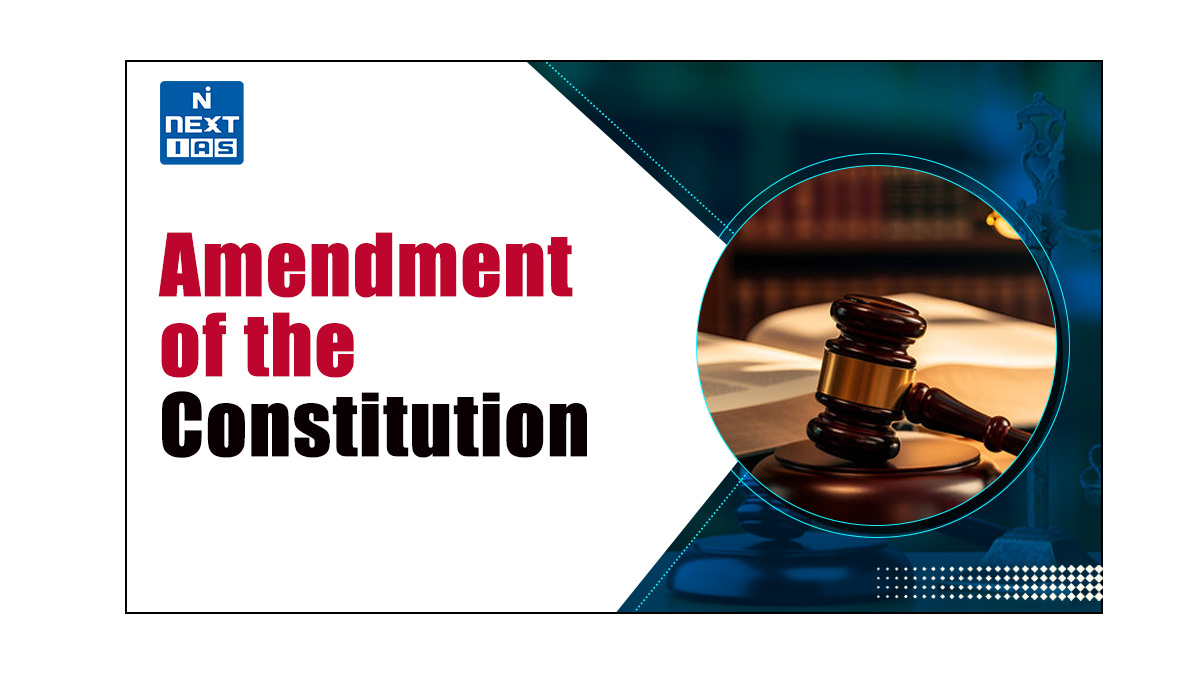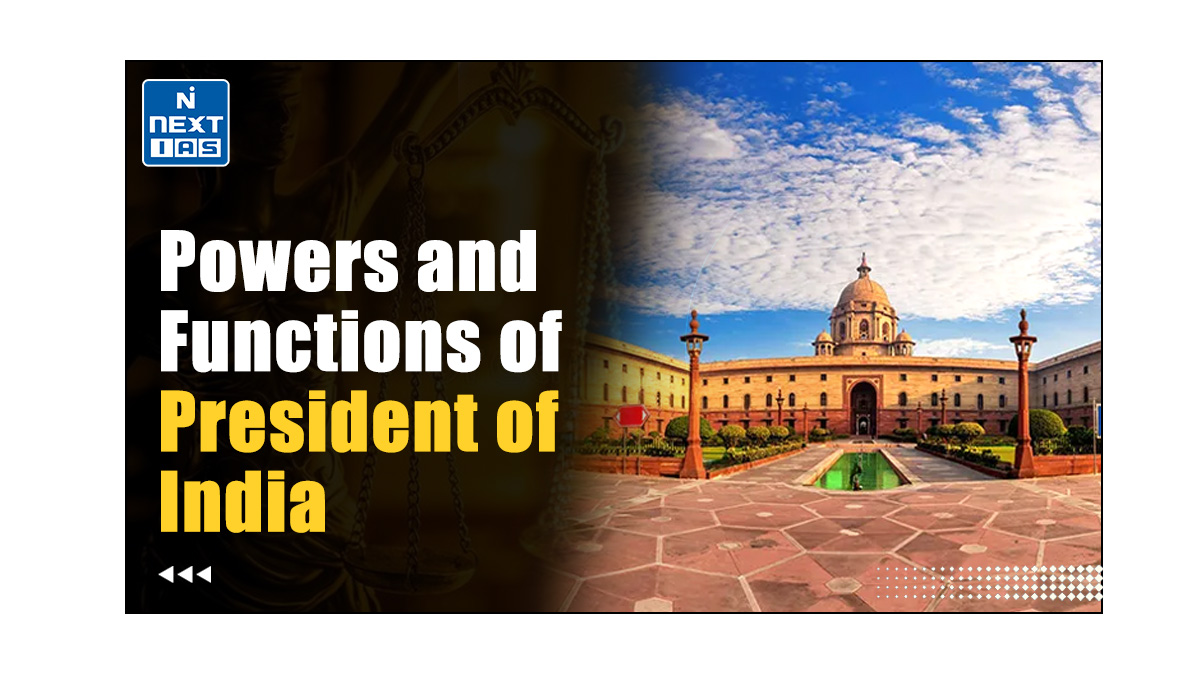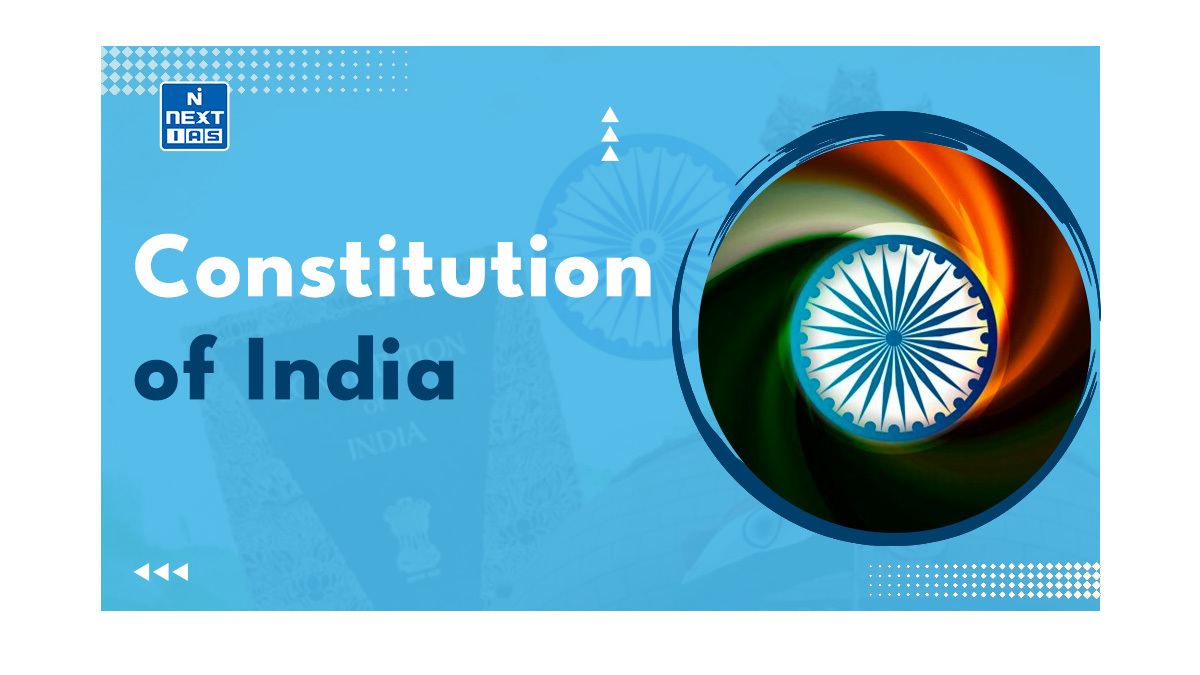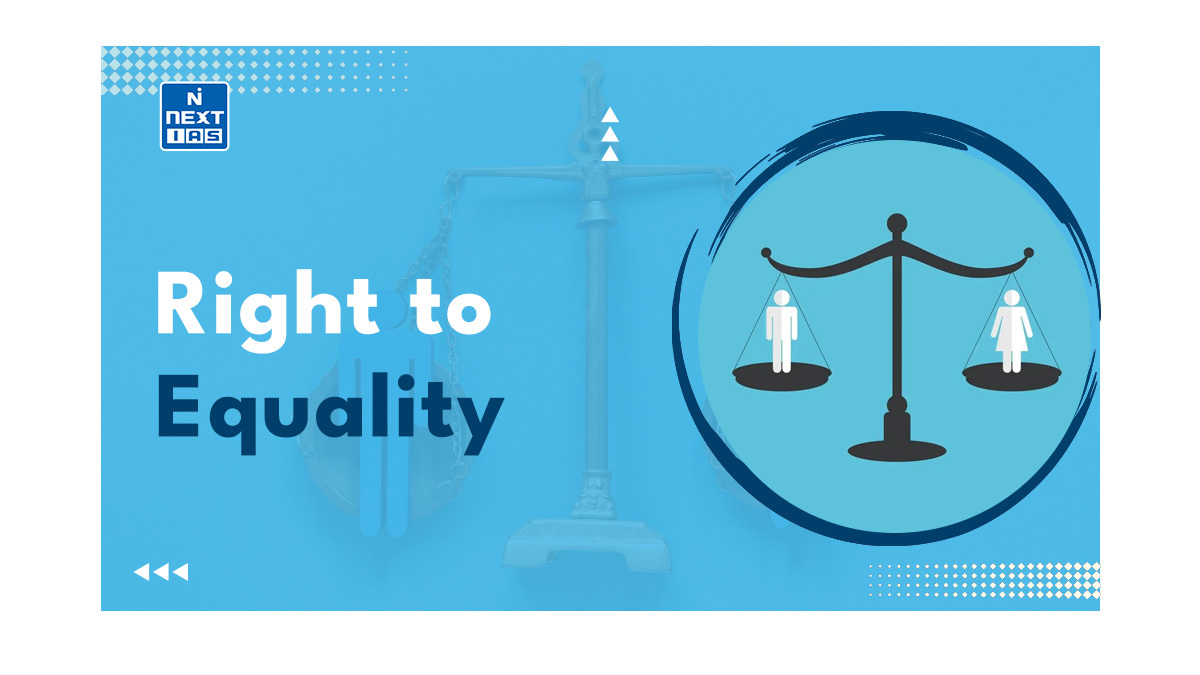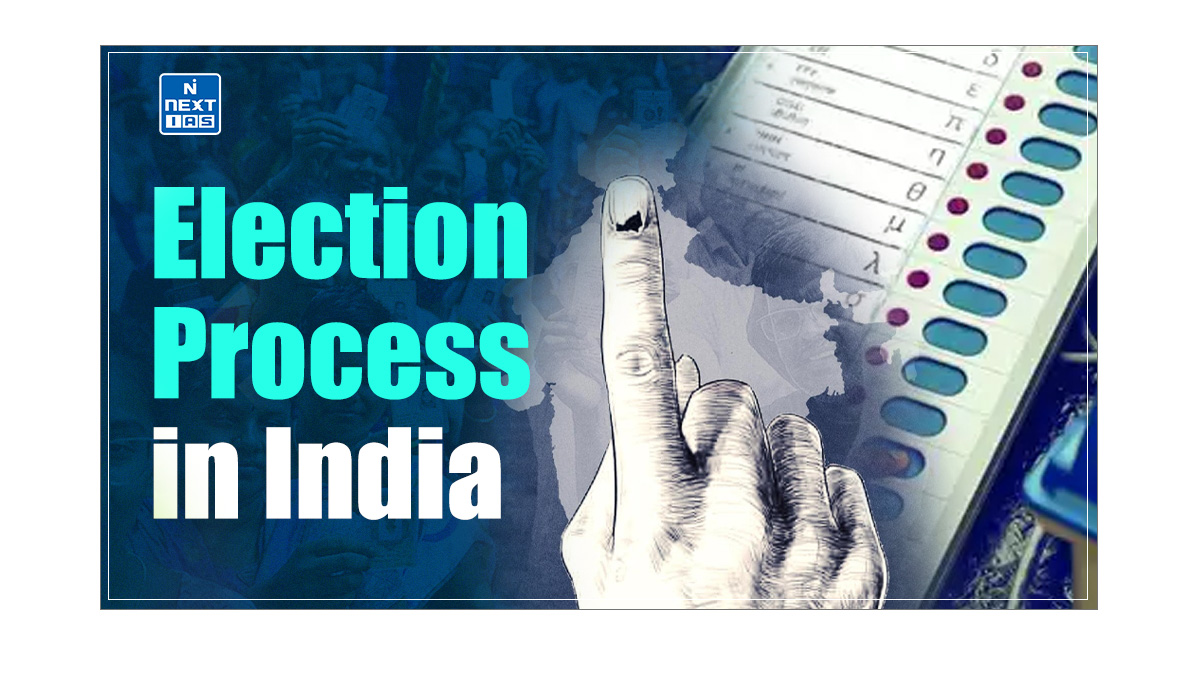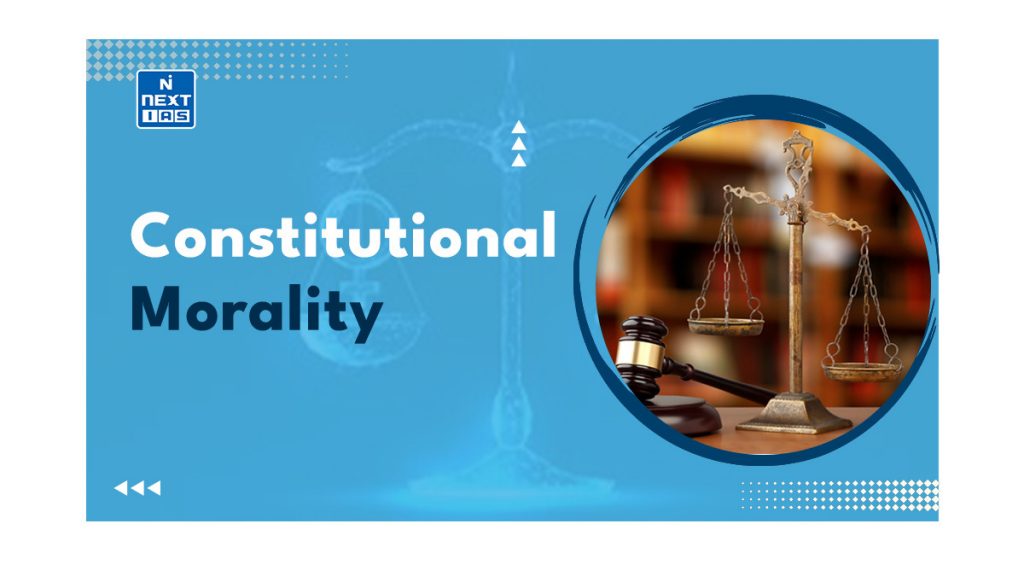
Constitutional Morality refers to following the fundamental principles of a constitution. It involves supporting an inclusive and democratic political process that satisfies both individual and collective interests. In the case of the Indian Constitution, the values it upholds include democracy, socialism, equality and integrity. This article aims to provide a comprehensive overview of the constitutional morality and it’s meaning, source & interpretation.
Meaning of Constitutional Morality
- It means abiding by the rules that limit the power of the government to infringe on citizens’ liberties.
- It emphasizes the commitment to protecting citizens’ freedom.
- It also includes respecting the supremacy of the Constitution and the rule of law.
- This principle requires conforming to the norms of the Constitution and avoiding actions that violate the rule of law or act in an arbitrary manner.
- Being committed to the Constitution is an aspect of this only. A government clerk on election duty in the conflict-ridden jungle of Central India tries his best to conduct free and fair voting despite the apathy of security forces and the looming fear of guerrilla attacks by communist rebels.
- It goes beyond simply following the core principles of constitutionalism written in the Constitution.
- It encompasses broader virtues, such as fostering a diverse and inclusive society while upholding other constitutional principles.
- It is through embodying constitutional morality that the values of constitutionalism permeate the functioning of the state for the betterment of every citizen.
- It ensures the elimination of inequality from society and guarantees the means to enforce the rights guaranteed by the Constitution.
- It aims to make Indian democracy vibrant by promoting brotherhood among the diverse population of the country.
Constitutional Morality and Preamble of India
- It finds its essence in the Preamble of the Indian Constitution.
- The preamble clarifies constitutional values and ideals.
- the major elements of constitutional morality in the context of the Constitution of India are- the Preamble, the Rule of Law, the Right to Equality, Unity, and Integrity of the Nation, Social Justice, Individual liberty, and Freedom of Expression.
- It also exists in the Fundamental Rights (articles 12 to 35) section of the Constitution, which guarantees certain essential rights for the free existence of every member of society.
Is the term “Constitutional Morality” Mentioned in the Constitution of India?
- While the term is not explicitly used in the Indian Constitution, the concept of morality appears in a few articles like Article 19 (2), Article 19 (4), Article 25 (1), and Article 26 which are related to freedom of expression, freedom of religion, and the interpretation of fundamental rights.
- The Supreme Court has relied on this concept to interpret and assess the constitutionality of laws.
Sources of Constitutional Morality
There can be four sources from which it derives itself.
- The first source is the Constitution itself. If we carefully read and interpret Articles 12 to 35 (Fundamental Rights), Articles 36 to 51 (Directive Principles of State Policy), the Preamble, and the Fundamental Duties, we can find the underlying essence.
- The second source is the debates and discussions that took place during the Constitutional Assembly. The views expressed by Ambedkar, in particular, have played a crucial role in shaping our modern understanding of the concept.
- The third source is the events and historical context surrounding the framing of the Constitution. The experiences and lessons learned during that time have influenced our understanding and practice of the concept.
- The fourth source is the case laws and precedents, especially in recent times. The Supreme Court and various High Courts have played an important role in striking down oppressive laws and upholding the spirit of constitutional morality. Through their decisions, they have strengthened democratic ideals and protected constitutional values.
Constitutional Morality vs Social Morality
- In the Navtej Singh Johar case, the Supreme Court ruled that Constitutional Morality takes precedence over social morality.
- It struck down a provision in the Indian Penal Code that criminalized consensual sexual conduct between adults of the same sex.
- It encourages the state organs to preserve the diverse fabric of society and not succumb to popular sentiments.
- Forcing a uniform philosophy on society would go against the principle of Constitutional Morality.
Conclusion
The Constitution represents the people’s will and aims to achieve justice, be it social, economic, or political. It is about upholding the principles of the Constitution and ensuring a just and inclusive society.
| Previous Year Question Q. Constitutional Morality’ is rooted in the Constitution itself and is founded on its essential facets. Explain the doctrine of Constitutional Morality’ with the help of relevant judicial decisions. (2021) |

